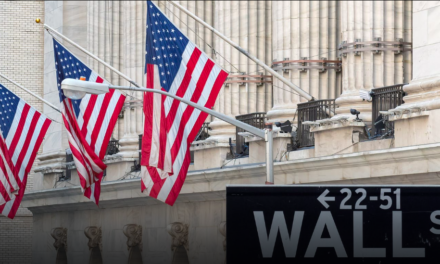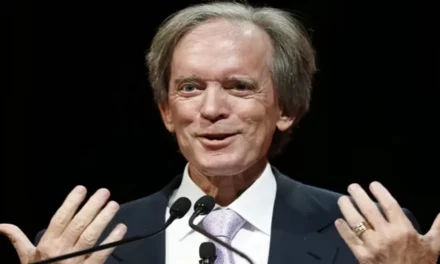Stock markets around the world found themselves on uneven ground as trading opened on Thursday, May 4th, what with the recent interest rate hike in the United States along with yet another US regional bank teetering on the brink of disaster.
The US Federal Reserve hiked interest rates by around 1/4 of a percentage point, a move that is considered a sign that the regulator could be pausing further increases in the foreseeable future. However, experts say that this gives the Fed time to study the effect that several bank failures over the past several months will have on both the national and global economies. The move also gives officials time to monitor inflation while waiting on a government resolution on the country’s debt ceiling.
For those who see this incipient pause in rate hikes as an end to inflation’s bull run, Fed chair Jerome Powell warned that inflation remains a point of serious concern and that it is much too early to say that the crisis and the ensuing rate-hike cycle have drawn to an end.
However, the Fed’s decision was one that many expected, so it did not really come as a shock to many market players. Nevertheless, experts say that the economic playout may not be good in the long run in light of the recent issues that have befallen a number of regional banks in the US, as well as the way larger banking institutions have been absorbing smaller players in the sector.
Experts also noted that risks have also spread out further afield into the global banking sector – a development that has alarmed investors throughout the world.
Another Bank in Trouble
Meanwhile, despite regulators’ assurances that many US banks remain sound despite the fall of Silicon Valley Bank and Signature Bank last March, PacWest Bancorp shares plummeted by over 30% in premarket trading on Thursday. This came following news that the bank is currently considering several options to stay afloat.
According to a source close to PacWest management, the bank is contemplating plans to keep the business running, including a possible sale or divestment of assets. Several advisors are said to be coming in to evaluate PacWest’s long-term business plans, including consulting firms Piper Sandler and Stephens.
The PacWest issue comes at a time when a number of institutions, including the US House of Representatives, have tried to reassure American depositors about the security of their deposits in domestic banks in light of recent bank collapses, the most recent of which was that of First Republic Bank.















